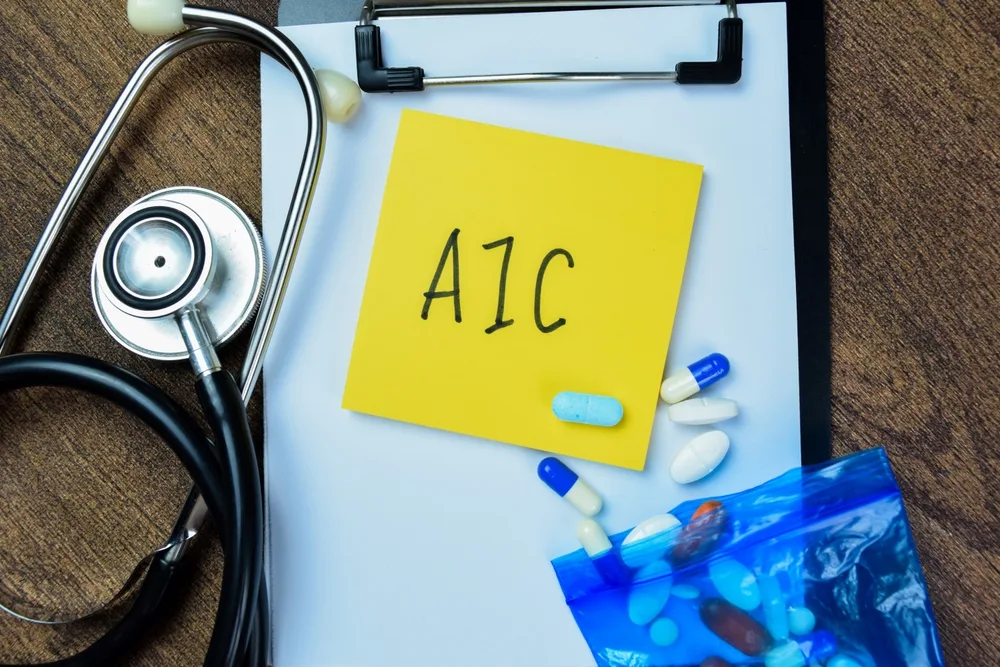
How can you cut the cost of high medical care bills?
The answer is in preventive healthcare.
According to the Centre for Disease Control and Prevention (CDC), seven out of ten deaths among Americans each year are a result of chronic diseases.
The sad part is that many of these deaths are entirely preventable.
If you are worried about the costs, then don’t be. Most, if not all, healthcare plans pay for preventive testing.
Preventive health services help you to detect any possible health problems early on. This can be done through screenings, immunization and physical examination.
For both health and cost purposes, it is far better to prevent disease than to treat after it you get sick.
Preventive healthcare is not just about your body, but your mind too.
If you want to reduce the number of trips to your doctor’s practice, here are some tips to kick-start your journey to a healthier and happier you.
What Is Preventive Care?
Preventive health – also known as preventive medicine, is about having routine check-ups and screenings, even if you are not showing any symptoms.
Preventive care is designed to keep you at your healthiest. It helps you to determine any risk factors and detect any signs of illness early on. For example, if your family has a history of cancer, heart disease, diabetes etc. preventive healthcare services will help you to recognise the symptoms and treat it accordingly before it advances.
Here are a few easy preventive healthcare tips you can follow every day.
Get Enough Sleep
Sleep plays a vital role in your overall health and well-being. How you feel after you wake-up is, for the most part, dependent on what happened while you were asleep.
A poll by Gallup found that on average, Americans were only getting 6.8 hours of sleep. The recommended amount is 7-8 hours, so you probably are not sleeping enough.
Poor sleep increases the risk of stroke, depression and heart disease. It has also been linked to higher body weight because poor sleep affects your metabolism.
You, like many others, may not consider sleep as a priority, but it should be.
A good night’s sleep improves your brain function, increasing productivity and concentration.
To get the best possible sleep, you should maintain a consistent sleep schedule and avoid eating before bed.
Get Rid Of Bad Eating Habits
If you are always on the go, you may have gotten into bad eating habits like constant snacking on sugary and processed foods. Such habits contribute largely to weight gain, diabetes and other illnesses.
Make time and plan out your meals. Include plenty of fruit, veg and protein. If you are uncertain about how to begin, The United States Department of Agriculture developed a guide called MyPlate which has recommendations of what you should eat daily, broken down into categories.
Get Walking and Enjoy Nature
Walking is easy, free and great for your health. In fact, walking just 30 minutes a day can reduce the risk of diabetes and other chronic illnesses.
If you can, go to places where you can experience and connect with nature. Connecting with nature has been linked to reducing depression.
Make Antioxidants Your Bestfriend
Your body is in a constant battle against free radicals. Free radicals are what damage your cells, antioxidants are what help fight against any damage.
Dark chocolate, pecans, blueberries (all red and dark berries), dark green veggies (kale, spinach etc), sweet potatoes, whole grains and beans, are all superfoods jam-packed with antioxidants.
Challenge Your Mind
Keeping your brain stimulated reduces the risk of Alzheimer’s disease. Playing memory games, reading, problem-solving and consuming new information are all healthy ways to keep your brain stimulated.
Exercise Doesn’t Have To Be A Chore
Exercise does not have to mean an expensive gym membership. There are so many ways you can get your body moving. A 20-minute home work-out can make all the difference.
If you hate going to the gym or working out, look for an activity you enjoy like soccer, tennis, hiking etc.
It is a great way to get your heart rate pumping without it feeling like a chore and the best part is you can socialise with your friends at the same time.
Wash Your Hands
It sounds simple enough, but you will be surprised how many people don’t wash their hands don’t do it. Washing your hands is a good way to avoid the spread of germs.
Plus, it only takes a few seconds, so why wouldn’t you do it?
Don’t Miss Your Annual Physical Exam
A lot can change in one year. An annual exam of your health will give you a good sign about where you are at healthwise. It also gives you the opportunity to discuss with your doctor any health concerns you may have and what changes or precautions you may need to take.
Get Regular Screenings
When you get regular screenings, you are in control. For example, with some forms of cancers, symptoms don’t show until the cancer becomes too aggressive.
If you have a history of cancer or any type of chronic illness and disease in your family, then getting regular screenings will help you stay on top of things. Your doctor will be able to detect any problems early on and prevent it from affecting your health.
There are different types of screening you can get including:
- Vaccines
- Depression
- Blood Pressure
- Cholesterol
- Vision
- Women related issues (breast cancer and pregnancy)
- Autism (for children)
Why Aren’t People Taking Advantage of Preventive Healthcare Services?
It’s simple. Many people don’t know that their health insurance covers preventive healthcare costs.
But now that you do know, you can contact your healthcare provider and make the necessary arrangements.
The Bottom Line
Making changes like going for walks, planning your meals, exercising your mind and body may seem little, but they can have a big positive impact on your health.
Routine preventive healthcare check-ups, as well as the tips mentioned, will help you to stay in control and maintain a healthier and happier lifestyle.
By Admin –



